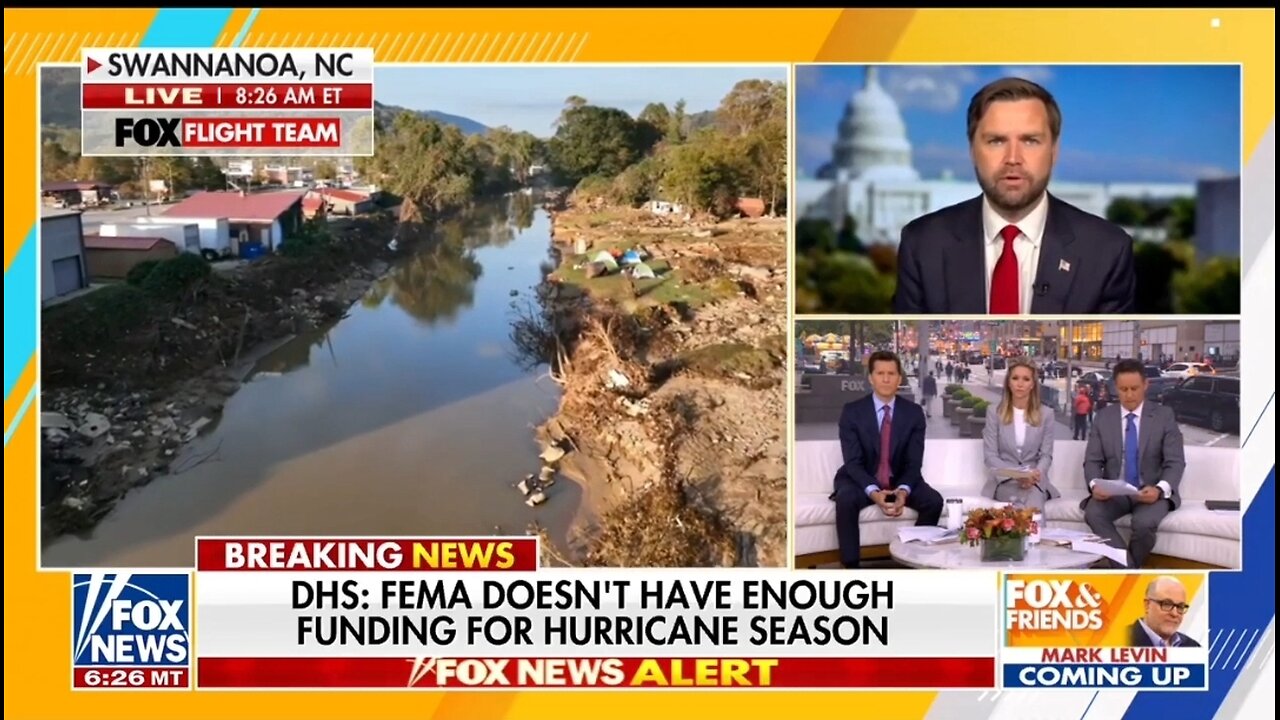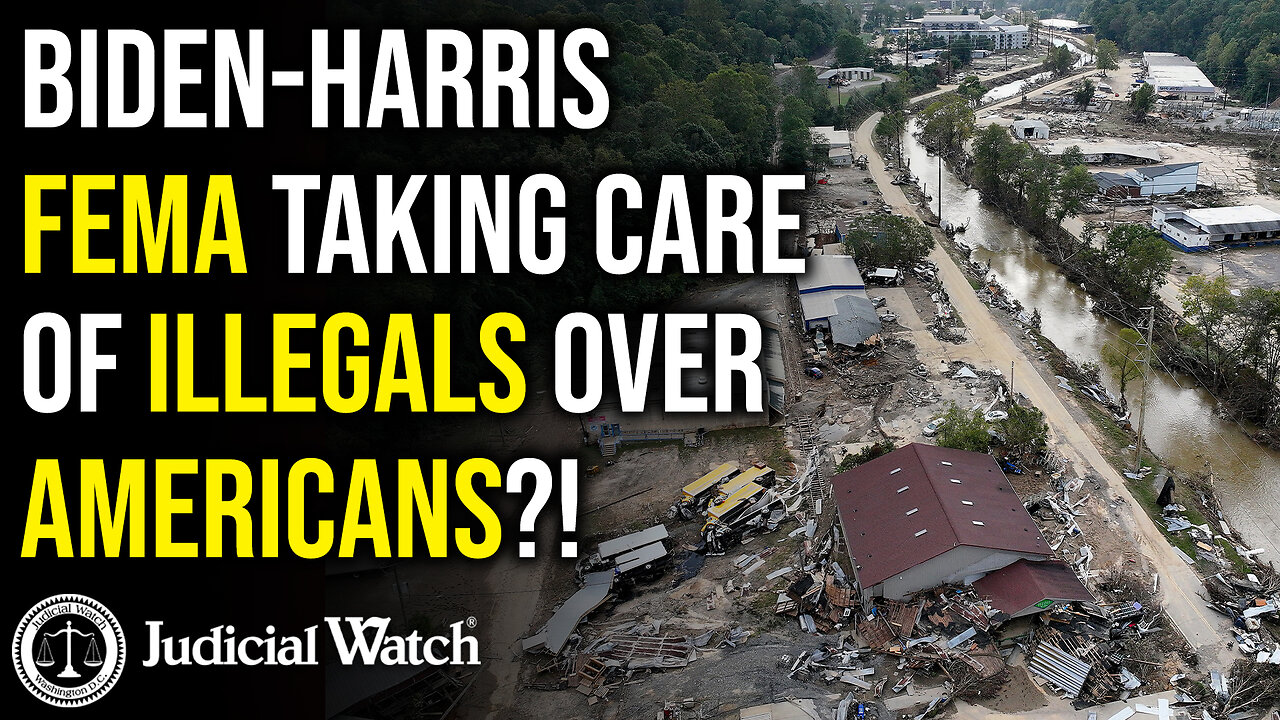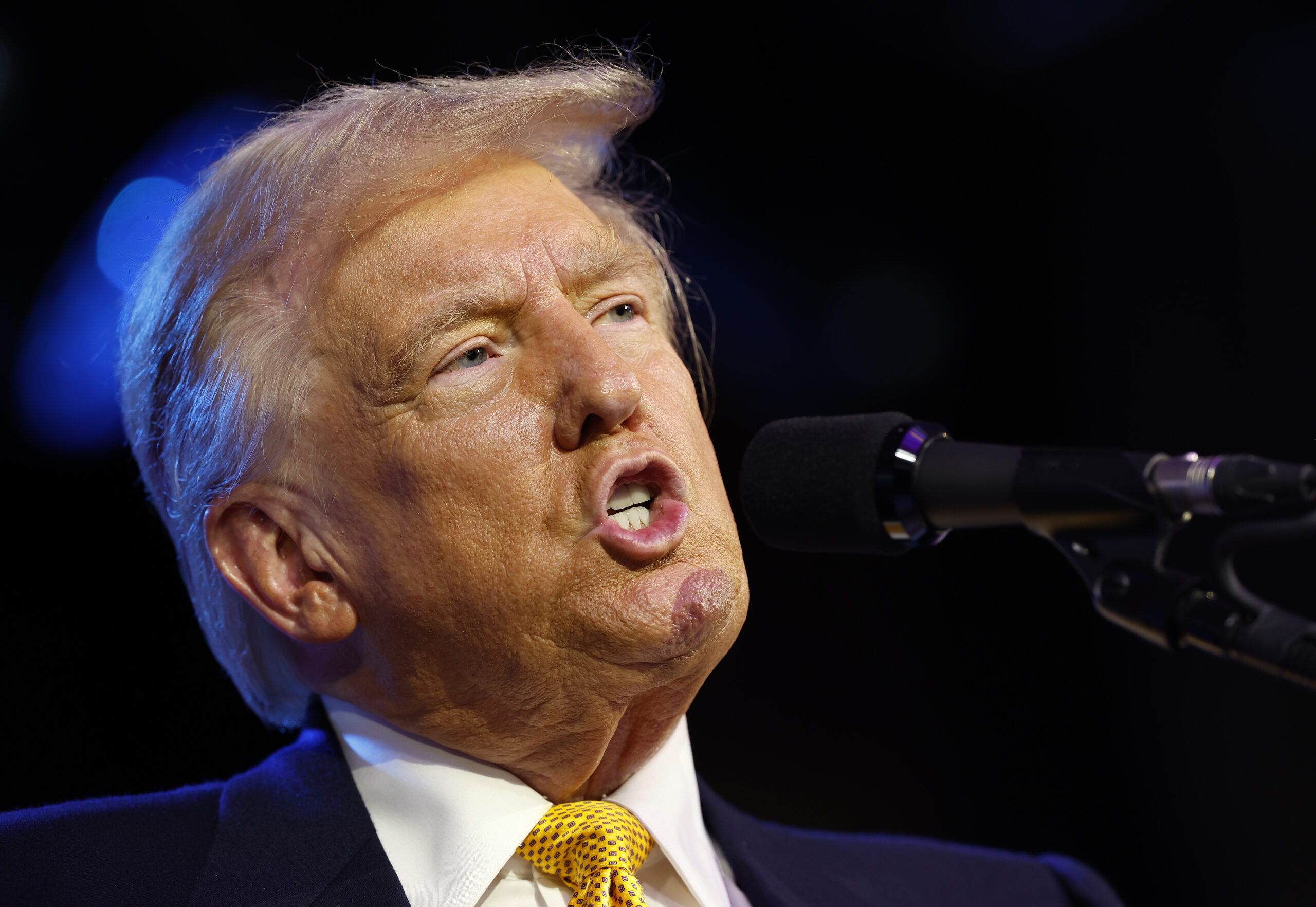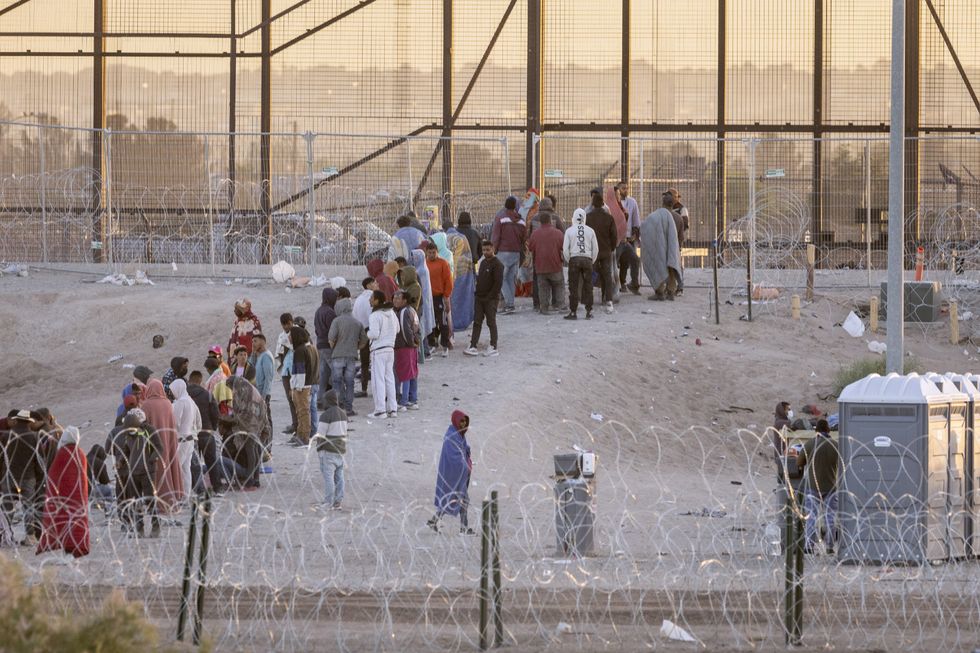Climate change agenda now fueling militarization of the Arctic
Deposits of 'oil, gas, diamonds, gold, silver' more pushing 'conflict'



As the Russo-Ukrainian conflict continues to redefine the international security landscape, more sources of dispute among rivals are emerging. New outbreaks of mass violence in the Middle East and Africa, struggles over drinking water from Afghanistan to Niger, ethnic cleansings, simmering conflicts, unrests, insurgencies, and civil wars in the earth’s poorest countries, and endless flows of migrants and refugees into Europe and the United States are only a few yet concerted and unabating forces reorganizing the geo-economic, geopolitical, and social landscape which deepen social cleavages and increase prospects for conflict.
The appreciation of the multifaceted threat vectors arising from localized environmental degradation and resource and food scarcity presents one of the more compelling challenges for policymakers. In his 2012 book Climate Wars: What People Will be Killed in the 21st Century, Harald Welzer argued that the consequences stemming from the relationship between violence and climate change will “establish different social conditions from those we have known until now” which will “spell the end of the Enlightenment and its conception of freedom” resulting in the decline of the Western social model based on democracy and liberalism. Resource scarcity and relative economic deprivation will lead to violence, and violence, Welzer contends, is always highly adaptive and “innovative” as it develops “new forms and new conditions” for the use of force. The twentieth-century wars may well have been driven by conflicts over land, religion, and economic interests but the wars of the 21st century will in no insignificant measure be fueled by the multipronged environmental crises leading to a potential state failure contagion, water and food shortages, and a brutal scramble for resource dominance in strategic areas of the globe. The world’s rapacious appetite for natural resources and rare earth minerals will open new theatres of potential conflict ranging from outer space to the Arctic.
The Arctic’s Military Landscape
Melting ice in the Arctic is unlocking a valuable natural resource base, oil and gas deposits, and minerals necessary for fueling “green” economic growth already pushing countries to jostle over territorial claims and control of the region’s shipping routes and navigation rights. The world’s insatiable hunger for the vast Arctic deposits of oil, gas, nickel, copper, lead, zinc, diamonds, gold, silver, manganese, titanium, and abundant fisheries worth trillions of dollars present a substantial incentive for cooperation and an even stronger propensity toward conflict.
The militarization of the Arctic is escalating, with contiguous and non-contiguous states attempting to secure their claims through the reopening of Cold War-era military sites, airfields, nuclear and submarine facilities, deep-water ports, military exercises, and testing of logistically relevant assets and new weapon systems. Since 2005, Russia has significantly modernized its navy and invested in hypersonic missiles capable of evading U.S. sensors and compromising undersea cables and communication infrastructure. It is also developing and leveraging its icebreaker fleet to ensure year-round navigability of the Northern Sea Route, which runs along Russia’s Arctic coast and offers reduced transit times between Europe and Asia.
The Arctic holds significant strategic value for China — a self-declared “near-Arctic” nation, as it offers access to new shipping routes and vast resources. China, too, harbors strategic ambitions as it attempts to incorporate the Polar Silk Road into its wider Belt and Road Initiative and develop Arctic trade routes.
Through Sino-Russian cooperation initiatives, China and Russia are keen on securing maritime power and economic interests in the High North, while the NATO pact members seek to cement their strategic presence qua influence through NATO’s Arctic Command, a deterrent coordination and cooperation measure aimed at consolidating and preparing joint naval assets for the requisite force projection and prospective combat operations in challenging polar conditions. NATO’s Regional Plan North aims to equip the Alliance with adaptive capabilities that anticipate challenges, protect the freedom of navigation, and equip its members with interoperable surveillance and reconnaissance capabilities. After Sweden and Finland joined the Alliance in 2024, NATO is well placed to enhance its deterrence posture and surveillance capabilities in the region as seven out of eight of the Arctic countries are now members.
The United States is investing heavily in new air stations and naval base installations above the Arctic Circle through the Supplementary Defense Cooperation Agreement signed with Norway in April 2021 all in the name, as the U.S. 2022 Arctic Strategy contends, of ensuring the region remains “peaceful, stable, prosperous, and cooperative.” To maintain competitive advantage in the region, the U.S. military has expanded its presence in the Arctic by establishing Alaskan Command and increasing investments in icebreakers, surveillance systems, and cold-weather training. U.S. outer space assets prove consequential in this endeavor as they provide the necessary space-situational awareness capabilities that inform operational readiness and report on weather conditions. Yet, according to the International Institute for Strategic Studies (IISS), the balance of power remains at present tilted in favor of Russia.
According to experts, increasing cooperation between China and Russia does not necessarily signify the formation of an anti-Western alignment and a “coordinated revisionist strategy” in the Arctic. Western states, however, must address the challenges posed by Arctic near-peer competitors bent on undermining their assets and adapt to the changing Arctic geopolitical landscape as tensions in the region rise and threaten to spill over into yet another potentially perilous armed confrontation.
While China has strategically refrained from openly articulating its military interests in the Arctic, it nevertheless aims to position itself as a global power with considerable maritime strength capable of exerting influence over the region’s norms of engagement. Its investments in building its navy and leadership in resource extraction, scientific research, commercial fishing, shipping, and maritime infrastructure aim to consolidate a viable foundation for its Arctic Silk Road and thus integrate the region into Beijing’s broader geopolitical and military strategy. Those do not inherently contradict Russia’s aspirations but neither do they complement them. Moscow is weary of China’s potential dominance in the region; however, in the name of pragmatism, both sides are eager to benefit from their mutual yet complex economic relationship and potential for joint investments and resource development.
Diplomatic frictions will likely pave the way for pronounced regional and international instabilities — or resource wars — between major Arctic powers and their allies. The victors in the scramble for the Arctic, or the race to become the next great Polar power, will have the authority to unilaterally define territorial boundaries and establish new rules of engagement in the region. Time will tell if the Arctic Council will play a significant role in promoting cooperation and mitigating the threat of overt militarization of the region. With significant governance gaps in its mandate, which explicitly excludes military security matters, and legal ambiguities within international treaties and agreements, the Arctic security dynamics will undoubtedly become a subject of considerable contention in the coming years.
Dr. Joanna Rozpedowski is a non-resident senior fellow at the Center for International Policy and an Adjunct Professor at George Mason University. X: @JKRozpedowski
SUPPORT TRUTHFUL JOURNALISM. MAKE A DONATION TO THE NONPROFIT WND NEWS CENTER. THANK YOU!
Originally Published at Daily Wire, World Net Daily, or The Blaze
What's Your Reaction?
































































































